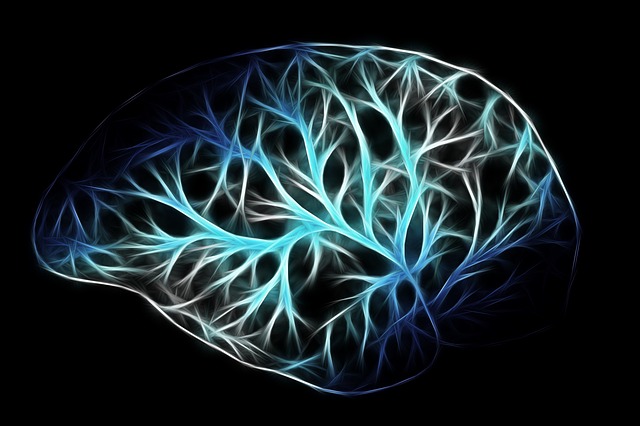
A study coordinated by the Biodonostia Health Research Institute and led by the Ikerbasque researcher Ander Matheu, in collaboration with the CIC bioGUNE and the Albert Einstein College of Medicine (New York, USA), has identified the existence of a relationship between autophagy mediated by chaperones in malignant stem cells and the progression of glioblastoma. The research work is included in an article published in the prestigious journal Cancer Research of the group of the American Association for Cancer Research.
Most tumors present a population of cells that have characteristics similar to stem cells (the possibility of renewing themselves indefinitely and the ability to differentiate from the rest of the cells), which means that they are the ones that initiate and maintain the tumor, in addition to being the responsible for the recurrence of tumors and resistance to antitumor therapies. They are called malignant stem cells and are ideal therapeutic targets since their elimination could cause the end of the tumor and its recurrence.
Glioblastoma is the most common and aggressive brain tumor and is also characterized by malignant stem cells. In the study, the Biodonostia team has identified that the malignant stem cells of glioblastoma have a type of autophagy called chaperone-mediated autophagy continuously activated.
Autophagy in general, and chaperone-mediated autophagy in particular, is a recycling, cleaning, and regeneration mechanism that occurs naturally in the body's cells, preserving them from the accumulation of toxins and eliminating damaged molecules. The study identifies that malignant stem cells "take advantage" of autophagy mediated by chaperones to remain functional indefinitely and avoid the attack of chemotherapy treatments.
The study reveals a previously unknown ability of malignant stem cells to modulate chaperone-mediated autophagy, allowing their survival and thus promoting tumor progression. The results identify chaperone-mediated autophagy as a promising new therapeutic target to treat glioblastoma, the most aggressive brain cancer that currently has no cure.
This work has been possible thanks to the funding and support that the group receives from public institutions such as the CIBER for Fragility and Healthy Aging (CIBERFES), the Carlos III Health Institute, the Health Department of the Basque Government and nonprofit associations such as the Association Against Cancer (AECC) or the Association AlegreMente.
For further information: https://cancerres.aacrjournals.org/content/early/2022/02/02/0008-5472.CAN-21-2161
.png)
